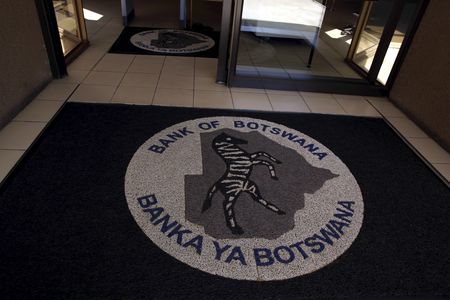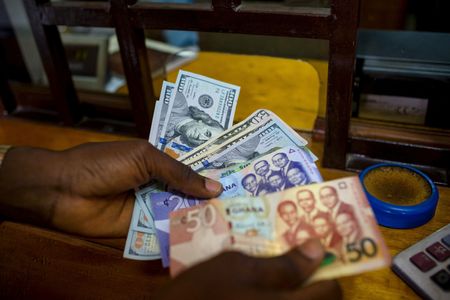By Tarek Amara
TUNIS (Reuters) – Tunisian private banks have halted extending new loans exceeding 15 years to protect their profits after a new law cut borrowing costs, banking sources told Reuters, a move that could complicate Tunisians’ access to housing loans.
President Kais Saied’s government imposed new lending regulations, which came into effect in January, to support households amid a growing economic crisis. They allow borrowers interest rate reductions of 50% on certain fixed-rate loans and require banks to issue prescribed amounts of interest-free loans.
“We have received verbal instructions (from the bank’s management) to stop lending fixed-term loans with maturities exceeding 15 years,” a senior official at a private bank told Reuters.
He said it was clear the instructions were verbal to avoid any written impact that could lead to banks being penalized by financial authorities.
Officials at two other private banks told Reuters they
been told verbally by management not to extend new loans of more than 15 years.
One of them said: “The goal is to reduce financial risks resulting from low-cost lending, which increases pressure on banks and the distribution of expected dividends to shareholders.”
There are around 19 private banks in Tunisia led by BIAT and Attijari Bank and including foreign-owned banks, and four main state banks.
Fitch Ratings said last month that the new banking regulations could cut Tunisian banks’ combined annual profit by 11%.
The government also raised corporate tax rate on bank profits to 40% from January 2025 from 35% previously, a move that will also weigh on profitability, according to Fitch.
ECONOMIC CRISIS
Mohamed Souilem, a financial analyst and former director of fiscal policy at the Central Bank of Tunisia, said that banks’ move to stop new long-term loans appears to be a direct response to the new regulations.
He expects the move will have a severe impact on Tunisians’ access to housing loans and on the resilience of the already fragile banking sector.
“The decision could affect the banks’ credit ratings, and Tunisians will truly struggle to obtain housing loans now,” he told Reuters.
President Saied, who is also facing public anger over an unprecedented migrant crisis, criticised banks last month, saying they are making huge profits, their services are too expensive and they should contribute to national efforts to save the ailing economy.
Economic growth has not exceeded 1.4% in the past year and the North African country’s public finances are in crisis, leading to shortages of key commodities including sugar, rice and coffee.
The president has also called for the law governing the central bank to be amended so that the government can borrow directly from it for the state treasury instead of borrowing from banks at high interest rates, a move experts warn could drive inflation out of control.
(Reporting by Tarek Amara; Editing by Susan Fenton)















